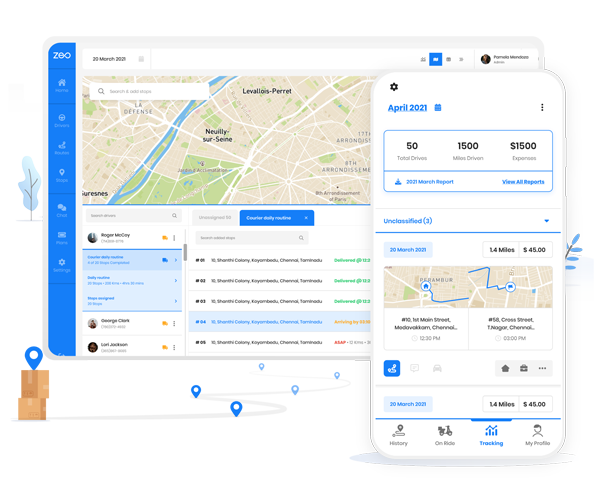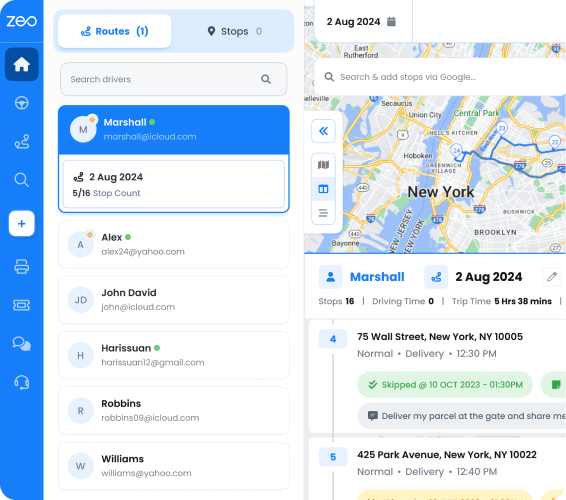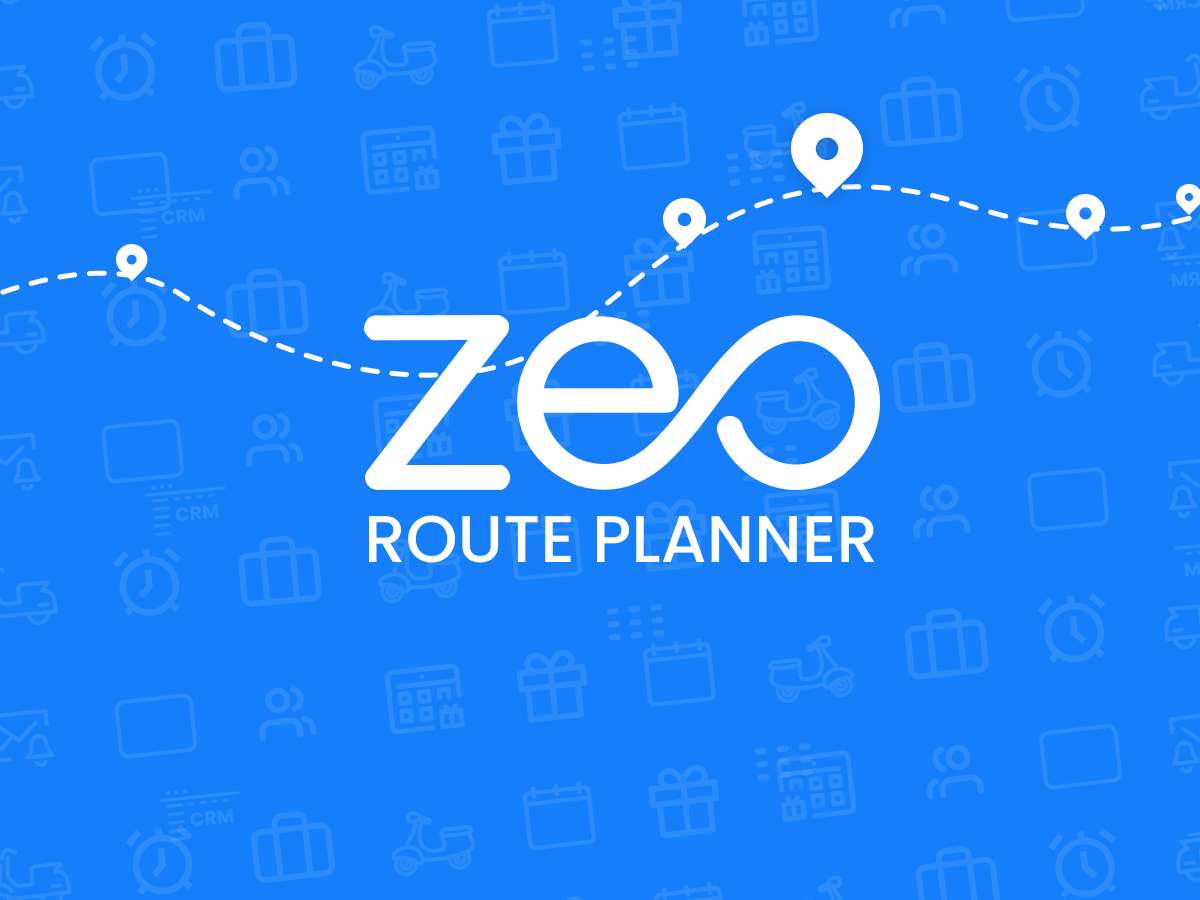A lot of work goes into ensuring that a delivery or service request is completed successfully. It can get complicated to align that the right package is allocated to the right driver & the right vehicle at the right time and that the right route is created for the delivery. Add to it the complexity of driver availability, time constraints, and driver tracking.
The complexities can quickly get multiplied as the scale of your operations increases. And that is why companies having delivery or field service operations need to use dispatch management software.
In this blog, we’ll go through what dispatch management is, why it is important, how dispatch management software can be beneficial for your business, and the best practices a dispatch manager should follow.
Let’s get started!
What is dispatch management?
Dispatch management is the process of coordinating and managing the movement of goods or services from one location to another. It involves planning, scheduling, and monitoring transportation operations, as well as assigning drivers and vehicles to specific routes and shipments.
Dispatch management is typically used by businesses that rely on transportation, such as logistics companies, delivery services, and transportation fleets.
- Increasing customer expectations
Customers are expecting faster deliveries and even same-day deliveries. Dispatch management is important to ensure that shipments can be dispatched efficiently and at a higher speed. According to a survey, 98% of the shoppers confirmed that shipping impacts brand loyalty, and 84% reported that they are unlikely to order again after just one negative experience.Managing customer expectations and ensuring customer loyalty can get tricky without dispatch management.
Read more: How To Manage Same-Day Deliveries As A Fleet Manager - Higher pressure on the bottom line
The business environment is getting highly competitive. More and more companies are offering free deliveries. As a result, the customers are getting accustomed to it and don’t prefer buying from companies that expect them to pay delivery charges. This is shrinking the margins and putting pressure on the bottom line.However, you can improve your margins by using route optimization software to manage your dispatches better. It shall help you in saving costs and maximize the utilization of your drivers and vehicles. - Increasing driver attrition
Driver attrition is one of the key challenges faced by any company with delivery or field service operations. Frequent change in drivers leads to a loss of productivity. It increases not only the hiring costs but also the cost of onboarding and training new drivers.
What are the benefits of using dispatch management software?
- Saves planning time
Using dispatch management software helps you save planning time and effort. It helps in streamlining operations and eliminates any mistakes that may happen because of manual planning. - Optimized routes
increase fuel savings
Save $200 on fuel, Monthly!
Optimize routes with our algorithm, reducing travel time and costs efficiently.
Get Started for Free
It generates the most efficient routes considering the vehicle capacity, delivery time constraints, skill requirement of the drivers, and stop priority. This means more deliveries can be made in a day leading to an increase in revenue.Hop on a 30-minute demo call to learn how Zeo can help you optimize routes within seconds!
Read more: 5 Ways To Optimize Delivery Routes For Better Efficiency - Driver retention
Efficient dispatch management makes it easier for the drivers to carry out the deliveries. Drivers spend less time on the road and more time executing the deliveries. As a result, the drivers feel satisfied with their work. - Improves customer satisfaction
It helps in making faster deliveries to the customers improving their delivery experience. Also, providing accurate ETAs to the customers along with the tracking link adds to customer satisfaction. - Saves costs
As the drivers follow an optimized route, it helps in saving on fuel and maintenance costs. It enables optimum utilization of the drivers and vehicles leading to higher profitability.
Best practices of dispatch management
Best practices you should follow as a dispatch manager:
- Accept workloads with realistic timeframes. Do not create schedules that may be too difficult for the driver to execute. Such work schedules can leave the driver frustrated.
- Keep appropriate time gaps between the jobs or deliveries. Take into consideration any delays that may happen at a stop or on the road.
- Use dispatch management software to save time, money, and effort. The time and effort saved can be utilized towards more strategic tasks. Using software also eliminates the possibility of errors. Save money by using technology to optimize the routes.
Sign up for a free trial of Zeo Route Planner to start saving time & money right away!
- Track the drivers and status of the deliveries to ensure that the deliveries are happening as per the plan. In case of any delays, you can proactively take action to identify and fix the problem.
- Train and support your dispatch team and the drivers. This will not only help in keeping the employees happy but also result in better customer service.
Conclusion
Dispatch management is an essential component of any business that involves the transportation of goods or services. Effective dispatch management can help businesses streamline operations, reduce costs, and improve customer satisfaction. With the right dispatch management software and processes in place, businesses can achieve greater efficiency, profitability, and success!

Are you a fleet owner?
Want to manage your drivers and deliveries easily?
Grow your business effortlessly with Zeo Routes Planner – optimize routes and manage multiple drivers with ease.

increase fuel savings
Hassle Free Deliveries & Pickups!
Optimize routes with our algorithm, reducing travel time and costs efficiently.
Get Started for Free
























